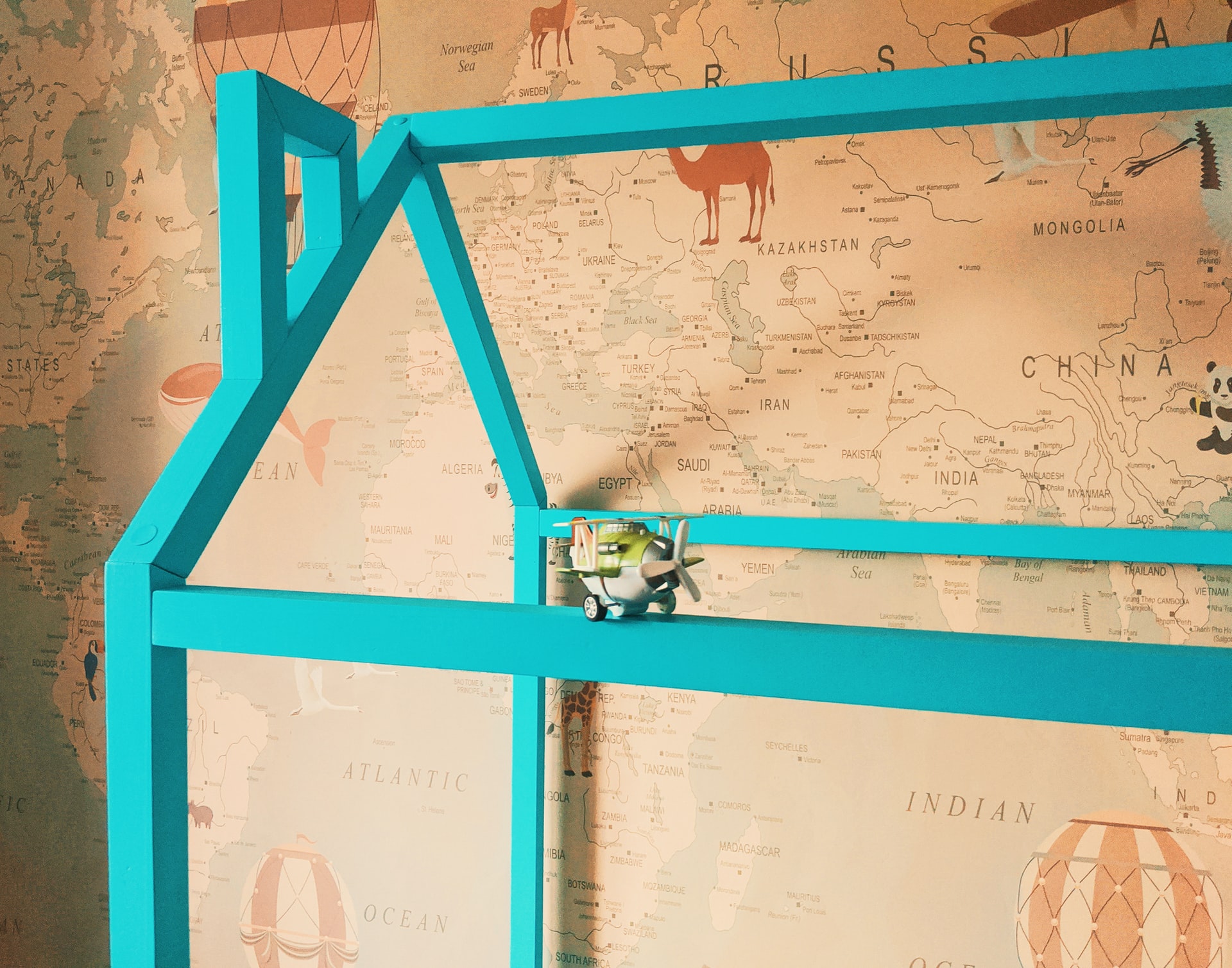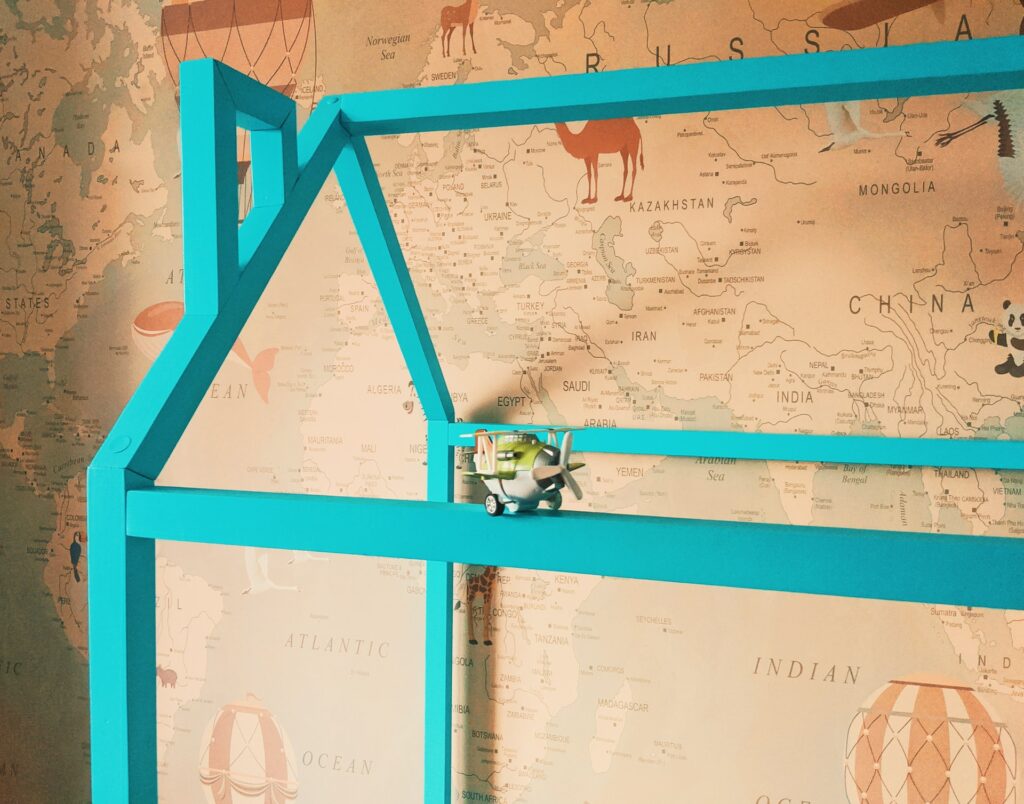Award-winning journalist Tim Marshall uses ten maps of crucial regions to explain the geo-political strategies of world power. And here are our key take-aways.
Right out the gate, know that this book will not necessary change your political views. But it will highlight the modus operandi of the major powers, each riddled by scale and complexity. By calling it ‘prisoners of geography’ is indicative of a what a country can and cannot do. For example, it’s not good for the Japanese to decide they’re going to have an oil industry because there’s no oil, right?
It’s also no good that a Chinese emperor would ever think to invade India because there’s the world’s largest mountain between them. Awkward. The U.S. is a two ocean power. They can project their power outward in two different directions. Thus it has a stronghold on global power. The world’s geography paints a very telling picture of how we are, where we are.
So, all of this may seem obvious but it’s not that obvious until it’s pointed out, like Marshall does…
Marshall spent 25 years reporting for Sky News, much of that time as its diplomatic editor. He covered crises, wars, elections from the Balkans to the Americas. It’s a given then that he understands the countries fraught with challenges and those that know how to expand ever outwards. I’ve highlighted the key points that put the ‘geo’ in geopolitics.
If you know the geography of Russia and you put yourself in Putin’s head – having been invaded seven times by the flat land in front of you (hello Ukraine), you will seek to dominate that flatland. But if your ports freeze for five months of a year, can you really be a world power? The moment though, a former partial ally flips into the NATO sphere of influence, you will invade Crimea. This is why Putin is obsessed with Crimea.

Let’s look at Pakistan and Afghanistan. The former supported the Taliban to the American’s fury. Marshall suggests that has as much to do with Pakistan’s fear of India as much as it has to do with anything else. Marshall explains that this is the dominant theme of Pakistan’s foreign policy, overriding everything else: it looks towards India. Pakistan does not have strategic depth to fall back into.
If the Indians were to attack – and the fact that they’re probably not, isn’t the point, they should always be prepared in case they do – the only place to fall back is across the Hindu Kush into Afghanistan. In order to do that, Marshall says, “you better have someone waiting for you that isn’t going to attack you – some friends”. This is why Pakistan seeks to dominate Afghanistan, because it fears India.
Now, China. A tremendously important economic powerhouse, which has been secure within its borders ever since it took over Tibet. But it’s now going through a land grab in the South China Sea (which is being created through land reclamation) which Marshall argues is motivated by the fact that they are secure in their position as a world power. Now that China is out there everywhere in the world, they have to “guarantee the sea lanes so that they can get to places they’ve invested in like Africa and the now abandoned canal they proposed to build in Nicaragua to get through to the Pacific,” as Marshall says.
He goes on to explain that if a country doesn’t have a Bluewater Navy – one that pushes out from its own borders, you cannot seek to save your growing worldwide empire. It’s the Americans that guard the ceilings, which then begs the question: Are you going to allow them to dominate your backyard? Are you going to allow them to dominate the Malacca Strait? Not a hope in h***. If you leave morality out of it, of course the Chinese would push up against the Americans, seek to dominate the area around them and then keep pushing. That relationship then becomes bumpy, if not quite turbulent, as Marshall purports.
When it comes to technology, advancements have allowed countries to circumvent limitations of geography – “they bend the bars of the prison” – but if China wants to create a land route into Pakistan via the Hindu Kush, technology can’t break down the Himalayas. China and India are therefore, more or less cut off from each other.
As far as the future is concerned, Marshall speaks to ‘water wars’. For example, between Egypt and Ethiopia – which incidentally, controls the headwaters of the Nile, and could hold Egypt to ransom by building a dam and preventing the flow. Again, even though Ethiopia is probably not going to, that doesn’t mean Egypt isn’t in the midst of planning for this eventuality.
Why is it so important? Because the Nile is Egypt’s lifeblood. They only have 700 miles of the Nile and if that water trickles to a halt, Egypt ceases to exists as we know it. This is why Marshall states it is important to learn how to plan and use technology in a sharing way – because cooperation is a catalyst for a global economic system that is inherently just and sustainable.
But then again as history has dictated, war is easier than peace…

















